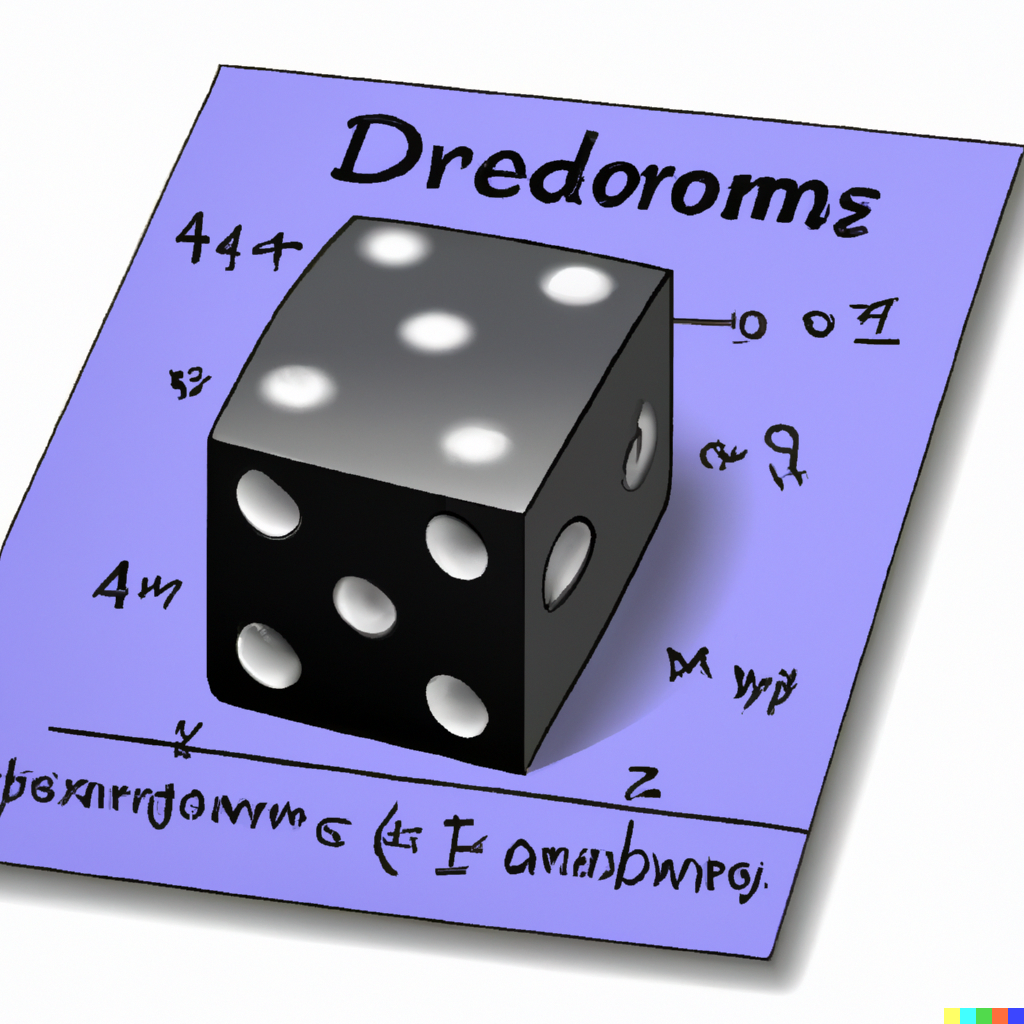i love the idea of creating conlangs. i’ve experimented with the idea of them in years past but have never done anything with them, let alone created one.
i did create some toki pona-based ones as they consist of few words (~100) but i want to create ones that aren’t just based off toki pona.
Esperanto!
Esperanto ne estas perfekta, sed ĝi estas la plu populara planlingvo en tuta la mondo, kaj ĝi estas sufiĉe bona.
Was that Esperanto? what did you say?
Chu vi konas aktivan Esperanto-komunumon en la fediverso? Mi abonas !esperanto@sopuli.xyz kaj !esperanto@lemm.ee kaj !esperanto@lemmy.world kaj apenau iam ajn iu afishas ion ajn en iu ajn el ili. :/
MI VOLAS DIRI DANKON!!..
Jes, mi konas tiujn komunumojn. Mi ne ofte uzas Esperanton sed mi vere devus pli.
Antau longa tempo (antau ol la fediverso ekzistis) mi estis tre aktiva en la forumo de lernu.net - nun mi demandas min, chu eble ghiaj administristoj pretus konekti tiun forumon al la fediverso? Eble iu, kiu legas tion chi, ankorau havas manieron kontakti ilin pri tiu ideo. Ghi certe estus bona por ilia forumo, por la fediverso, por Esperanto.
I lost several hours to Esperanto on Friday: https://en.m.wikipedia.org/wiki/Esperanto
Martin knew he should learn Esperanto to cast magic spells.
Esparanto is such a garbage language. Instead of developing an easy to speak and efficient language, the creators wasted the opportunity and made Spanish 2.
How exactly is Esperanto “Spanish 2”? I’m genuinely not sure how you could come to that conclusion
Have you read Esparanto?
The Spanish word for hope is “Esparanza” by the way.
I’ve been speaking Esperanto for three years so yes. Esperanza, or a word like it, also happens to be the word for hope in most Romance languages (one of the language families that Dr. L.L. Zamenhof was pulling from so that the vocabulary would be familiar to large groups of people).
If you’re gonna come here and say Esperanto sucks because it’s too similar to Spanish then give me examples of say, grammar that Zamenhof took from Spanish that doesn’t appear in other Romance languages.
The point of a new universal language is to be extremely easy to learn, short and efficient. Esparanto is very clear in ripping off Spanish. Everything is long winded, inefficient ends with with an A.
I will admit that Esperanto is long-winded at times but I can’t take you seriously when the only example of copying Spanish that you put forward is a word that is shared across languages. I’m willing to bet that you don’t even know what the ‘a’ suffix means in Esperanto seeing as you think every word ends with it.
The word to be in Esparanto is “estas”
The you form of “to be” in Spanish is “estas”.
You can paste any Esparanto sentence and it will 100% sound Spanish to someone who does not know Esparanto.
Do you know any Spanish?
I don’t speak any Spanish, but am able to guess and discern Esperanto due to its simplicity. It’s a dope and easy language.
But… It is not. It is a very verbose and complex language.
This is what Google Translate said your sentence is in Esperanto:
Mi ne parolas la hispanan, sed kapablas diveni kaj distingi Esperanton pro ĝia simpleco. Ĝi estas dopa kaj facila lingvo.
+1 for Toki Pona!
It’s a very small language (< 200 words) that forces you to think about how you think. It’s not hard to learn and quite wholesome. The name means “The Language of Good”
Also there is an amazing art scene around the language. Being able to listen to the music keeps me going.
https://youtube.com/playlist?list=PLqCH2JzaHCjZ84qxUQXrwAjpKQEowGsn9
Kalama Sin podcast is a good one for listening comprehension. No new episodes since July though
Australian.
Elvish from Lord of the Rings really can’t be beat. I never learned it but I would if it were more practical.
As my native language is one of those that inspired it and only quite a few speak it, almost.
What’s your native language?
Finnish
Klingon
Lojban. IIRC it’s inspired by the Saphir-Worf hypothesis that states that the capacity for human thought is shaped by the language you speak (side note: this is also explored in my favorite movie Arrival).
As someone who is probably on the spectrum I am incredibly frustrated by imprecise language and misunderstanding between people, and how people always seem to be reading between the lines instead of paying attention to what you are literally saying.
Lojban is designed almost like set-theoretic mathematical expressions, leaving minimal room for ambiguity and misunderstanding. It trains your brain to think about exactly what you are saying. It’s like a utopian language for me.
Ironically after it gained only a couple of hundred speakers it started to develop slang expressions and ambiguity. People even wrote poetry and jokes that proliferate and exploit ambiguity or subtext. I guess it’s human nature to shun precision in communication.
It’s been our biggest error since the Scientific Revolution, assuming the universe can be broken down into its simplest most precise parts. Materialism has many strong achievements but it’s not the whole picture. Perhaps it is the interplay between polarities that brings us closer to understanding precision as contextual and nuanced…
Recognizing how our consciousness permeates our percepts, and how language is the synthesis of this… Everyone is being as precise as they have the capacity to be, colored by spirit and with their soul.
Ithkuil I find really interesting. I’ve never attempted to learn it, but the idea is cool. Gets me thinking about the philosophy of language.
I think not even it’s creator is fluent in ithkuil.
https://minilanguage.com/ is an interesting one to look at. There are exactly 1000 words in the total vocabulary. That’s Mini Mundo though. A second, smaller variant also exists: Mini Kore, with 100 words.
I started learning it too soon after learning Toki Pona and lost steam. But I agree with the design principles. They stem from the observation that Toki Pona, as fun as it is, is just too damn ambiguous for anything non-superficial. All too often speakers need to clarify what they said by switching to a natural language. Even my own Toki notes become indecipherable after a few days.
Toki Pona: fun, therapeutic mental exercise, made even better with sitelen pona. Feels like writing poetry. Never meant to be a useful language. Easy to learn, hard to use.
Mini: useful as a language for general purpose communication. Small, primarily latinate vocabulary. Harder to learn, easier to use.
Checked it. They used Amigo instead of shortening Ami. Discarded. Why are all these “global languages” Spanish in disguise?
I think Globasa is one of the best attempts at creating an international language without bias toward any natural language family (looking at you Esperanto).
If I were to learn another besides toki pona, I’d def go with this one. The way globasa adds words makes it much more international than nearly every other conlang.
perl
Interslavic is neat, It’s a single language able to be understood by most Slavic speakers, and it works fairly well
North Jersey Gutter Mouth
For one of my game stories, I made a language called Philter that was replaced by Deen after The Machine War. Still not complete but I have a few characters made.
Interlingua is cool. I know a decent amount of spanish and portuguese, and understanding IG interlingua speakers without studying any of the language is very satisfying
















